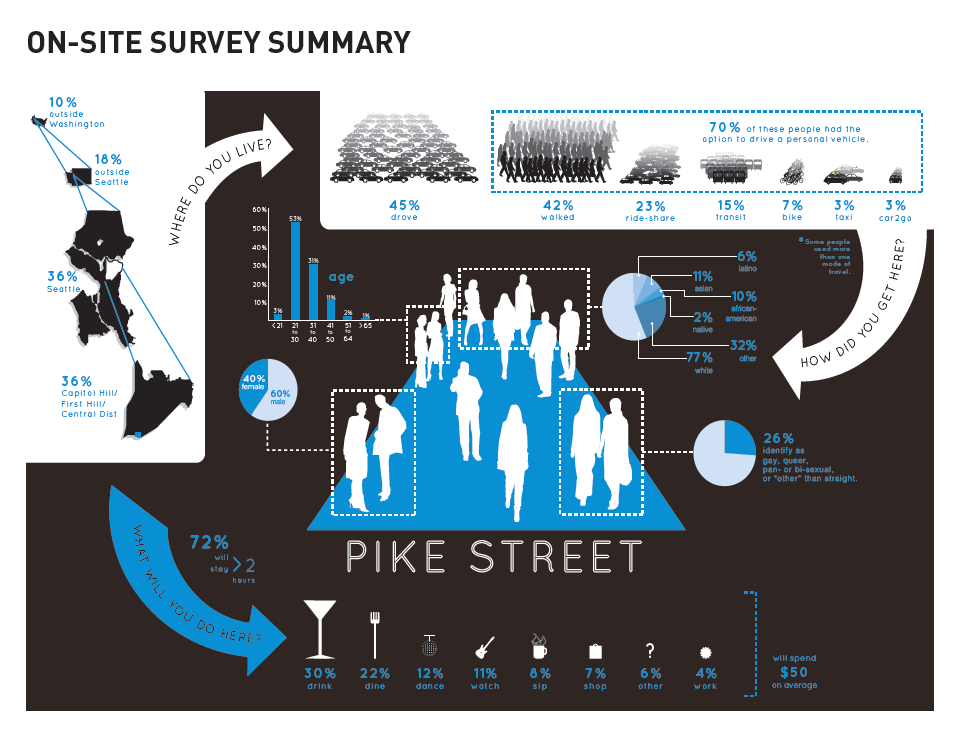Council Outlines Affordable Housing Priorities, School Board Suspends Suspensions, and the Mariners Speak

1. Be sure to check out this excerpt from our lengthy Q&A with city council president Tim Burgess. We covered a bevy of policy issues, but inevitably the conversation turned to Burgess's council dais foe, council member Kshama Sawant. Burgess did not hold back, and challenged the conventional wisdom that Sawant is the council all-star.
Burgess, in fact, was critical of Sawant’s legislative record as a whole—which he characterized as “rhetoric and slogans and rallies”—challenging us to enumerate her accomplishments. When we said she’d energized the council and created new progressive expectations, he shot back: “How do you measure accomplishments and influence?” He explained: “I would tend to look not at rhetoric and slogans and rallies, I would look at, ‘well, what have you done?’ What are the specific things that are going to impact the lives of people...that you’ve done? I think on that measure, the answer is no, she hasn’t. What would we point to as council member Sawant’s list of accomplishments?”
$15, we said. ...
2. Another reading recommendation, Seattle Met deputy editor Matt Halverson's 9,000-word oral history of the Mariner's pivotal 1995 season; it's been 20 years.
Even if you're not a baseball fan (me!), Matt talked with political heavies Gary Locke, Norm Rice, and Mike Lowry about the infamous stadium deal.
He talked to Ken Griffey Jr. too, of course.

3. The city council has come up with a work plan and timeline identifying which housing affordability (HALA) recommendations they're taking up. In addition, to scratching the original proposal (dropped by the mayor) to add flexibility to the 65 percent (or 57 percent, if you take out green space) of city land that's zoned exclusively for single families—scaredy cats—another innovative recommendation is also MIA: Reconsidering the stringent new rules on pod apartment production that the council passed last year. Since those rules—mandating square footage, requiring two sinks—went into place, production and permitting has plummeted.
While not explicitly called out, another one of our favorite recommendations, studying a "parking cap and trade" system, appears to be in the mix under the generic header: "Explore reducing or removing minimum parking requirements for residential development in urban centers, urban villages, and areas served by frequent transit." That language coincides with pages 57 and 58 of the original HALA document that includes the cap and trade recommendation.
Also in the mix, thankfully, removing the "ownership" requirement for mother-in-law apartments that limits the housing to onsite owners only.
4. Yesterday evening, the Seattle Public School Board unanimously passed a resolution to immediately halt out of school suspensions for elementary school students who routinely exhibit disruptive or disobedient behavior and develop a system-wide plan to address the chronic disparate discipline rate between white and minority students in Seattle schools by the summer of 2016. The skewed suspension data, showing that black students are disciplined at almost five times the rate as whites, prompted an investigative probe from the U.S. Department of Education back in 2013.)
“I’m really excited that we’re actually making this a reality,” said school board member Betty Patu, who represents Southeast Seattle. “The majority of students suspended are students of color. If we’re looking at closing our achievement gap this is a step forward.”
The resolution, originally introduced back in July, but delayed for a vote until Wednesday night’s meeting to allow for further discussion and debate, was amended by its sponsor, District 3 (Laurelhurst, Eastlake, University District, Madison Valley) board member Harium Martin-Morris, to limit the suspension moratorium to lower-level "subjective" offenses—disruptive conduct, disobedience, and rule breaking—that Martin-Morris said can be considered “subjective behaviors” in terms of teachers’ implicit racial bias and misinterpretation of the root causes of non-violent disruptive behavior that may be driven by outside trauma students are experiencing such as poverty and chaotic family life at home. Last school year, 111 elementary students were suspended for disruptive conduct, 10 for rule breaking and 25 for disobedience. Other offenses, such violent behavior and sexual harassment are still subject to out of school suspensions.
The Seattle Times’ education lab has a good rundown on the connection between student behavior and external living conditions, in addition to recent interest in alternative approaches to discipline such as “restorative justice.”
Martin-Morris’s resolution is also aimed at addressing the academic achievement and graduation gaps between white and minority students that run parallel with disparate discipline rates (the resolution is also informed by research on discipline in Portland and Baltimore Schools where similar measures are being taken).
School board member Stephen Blanford (representing downtown and central Seattle) referenced Michelle Alexander’s book The New Jim Crow during his comments of support for the resolution, calling it a “serious step” to breaking the school-to-prison pipeline.
“This measure will [positively] influence lives, many young lives, particularly students in the south end of the district,” said Anthony Shoecraft—the Director of Engagement and Equity with the Roadmap Project, a data and community driven non-profit initiative to improve student achievement in South Seattle and South King county—during public comment.
For now, the temporary substitute for suspension is on-call district staff who will accompany students who exhibit disruptive behavior outside of the classroom (but still on-site at schools). The district will be spending an extra $845,000 on extra staff time and developing the system-wide action plan.
Last Monday, council president Tim Burgess asked his fellow council members to sign a letter produced by his office in support of the board's resolution (Burgess told us on Tuesday during his endorsement interview that the entire council signed it).
5. The city presented some more data on the Saturday night Pike Street street closure project at a community meeting on Capitol Hill this week. Comparing three non-street closure summer weekend nights with three street closure nights, average pedestrian turnout was 2,275 greater during the street closure than on traditional nights, a nine percent increase.

A summary of all the nights, found that 45 percent of people made the trip with their own car while the majority used an alternative, either walking (43 percent), ride sharing like Uber (23 percent), transit (15 percent), biking (seven percent), taxi (three percent) or Car2Go (three percent). The numbers don't add up to 100 percent because there's overlap between modes on the to and from trips. More than a third of people, 36 percent, came from Capitol Hill, First Hill, or the Central District.




